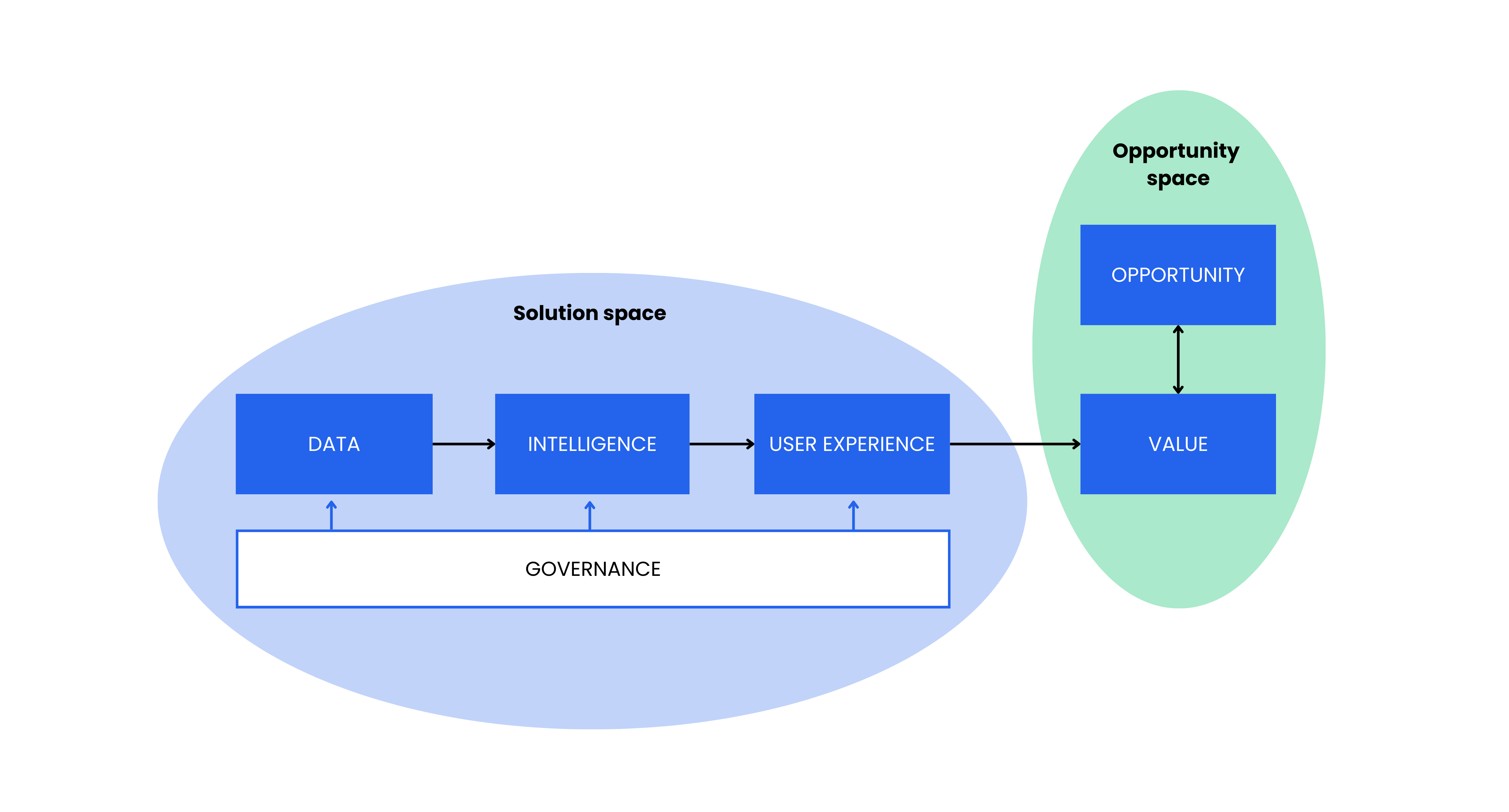AI System Blueprint
When most teams start an AI initiative, their instinct is to focus on the model they plan to build or fine-tune. But a successful AI system is much more than just the model. The AI System Blueprint provides a comprehensive, holistic framework for designing real-world AI products, based on a full-stack perspective. It highlights that the model is only one part of a complete system—surrounded by critical layers like data pipelines, infrastructure, user interfaces, feedback loops, operational processes, and governance. Without this system-level thinking, even the best models struggle to deliver meaningful value.

Principles
AI systems are holistic: every component must work together seamlessly
Start system design from user needs and business goals, not from technical possibilities
Prioritize data quality, user interaction design, and system feedback loops equally with model performance
Plan for the full lifecycle: deployment, monitoring, improvement, and governance
Implementation steps
1Define system objectives
Start from your AI Opportunity Tree. What user problems or business outcomes is your AI system supposed to support? Define clear success criteria and impact goals.
2Explore and design the solution space
Map all major components: data sources and pipelines, model architectures, user experience touchpoints, infrastructure needs, etc. For this, explore the full AI Solution Space Map.
3Align your stakeholders
Use the blueprint as a communication tool. Make sure all team members and other stakeholders understand all the components.
4Update throughout your iterations
Your system is a living object. As you iterate and learn more about the technology and your users, update the blueprint to maintain alignment.
Anti-patterns
Model-only focus: Over-investing in model development while ignoring critical system needs like data pipelines, deployment infra, UX, and governance
Siloed development: Building separate components (data, model, UX) in isolation without aligning them into a cohesive system
Monolithic design: Creating tightly coupled systems that are difficult to evolve, scale, or debug
Ignoring lifecycle management: Failing to plan for monitoring, maintenance, governance, and continuous improvement from the outset